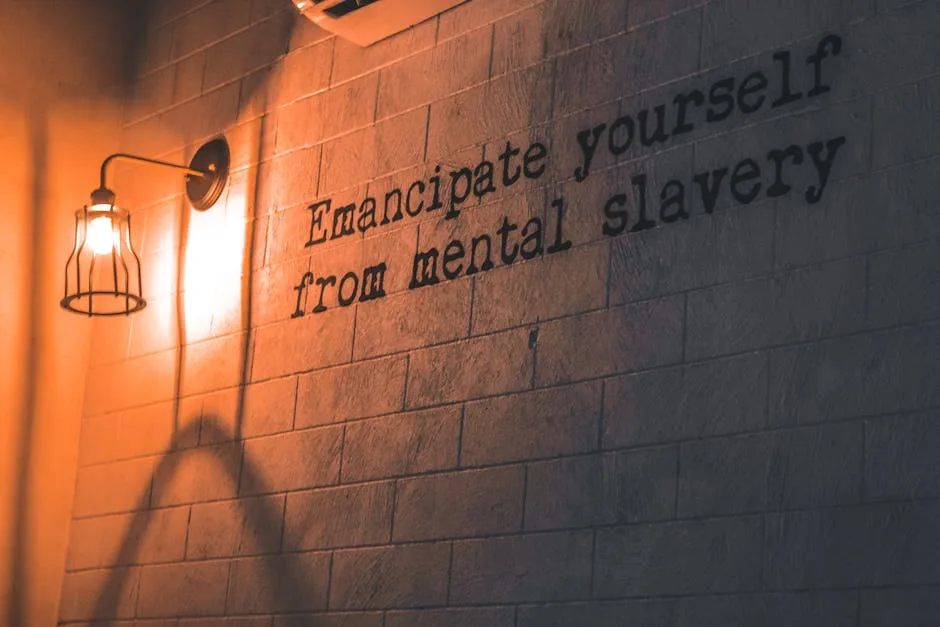
Karlheinz Weißmann’s recurring column series, *GegenAufklärung* (“Counter-Enlightenment”), critiques contemporary liberal ideologies through a conservative lens. The latest installment, published on April 27, 2025, in *Junge Freiheit*, examines Germany’s intellectual decline, British postwar society, and the legal controversies surrounding Marine Le Pen1. Weißmann, a historian and columnist, aligns with Counter-Enlightenment thinkers like Joseph de Maistre, advocating for traditional values and skepticism toward progressive universalism3.
Philosophical Foundations and Themes
Weißmann’s work draws from his two-volume collection, *Gegenaufklärung* (2013, 2016), which critiques Enlightenment rationalism and modernity’s dismissal of cultural identity3, 4. His columns often address education reform, gender ideology, and national identity, framing these issues as battles against “anthropological constants” ignored by technocratic governance. The latest article references philosopher Rüdiger Safranski’s warnings about Germany’s intellectual stagnation, suggesting a broader decline in critical thought1.
Political and Cultural Impact
Weißmann’s ideas resonate with right-wing movements, including the AfD, which has adopted anti-system rhetoric similar to his critiques of democratic institutions9. His analysis of British crime fiction as a reflection of postwar societal decay exemplifies his method of using cultural artifacts to critique liberal hegemony. The column also condemns the verdict against Marine Le Pen as politically motivated, a theme consistent with his earlier writings on elite decay7.
Reception and Criticism
While celebrated in conservative circles, Weißmann’s work faces criticism for its reactionary stance. Critics argue his rhetoric parallels strategies to dismantle democratic norms, as noted in *Journal PB*’s analysis of right-wing Counter-Enlightenment tactics9. Conversely, supporters view his columns as a necessary corrective to progressive overreach, particularly in education and cultural policy.
Conclusion
Weißmann’s *GegenAufklärung* series offers a provocative critique of modern ideologies, blending historical analysis with contemporary political commentary. Its influence on conservative discourse and right-wing movements underscores the enduring relevance of Counter-Enlightenment thought. Future installments will likely continue to challenge liberal orthodoxy, ensuring polarized reactions from both allies and detractors.
References
- “Weißmanns Notizen: GegenAufklärung,” Junge Freiheit, Apr. 27, 2025. [Online]. Available: https://jungefreiheit.de/debatte/kommentar/2025/weissmanns-notizen-gegenaufklaerung-4/.
- K. Weißmann, Gegenaufklärung – Band 1. Edition Junge Freiheit, 2013. [Online]. Available: https://antaios.de/buecher-anderer-verlage/edition-junge-freiheit/1460/gegenaufklaerung-band-1.
- K. Weißmann, Gegenaufklärung – Band 2. Edition Junge Freiheit, 2016. [Online]. Available: https://antaios.de/buecher-anderer-verlage/edition-junge-freiheit/36620/gegenaufklaerung-band-2.
- “Weißmanns Notizen GegenAufklärung,” Dynamit Berlin, Jan. 5, 2025. [Online]. Available: https://korrektheiten.wordpress.com/2025/01/05/weissmanns-notizen-gegenaufklaerung-3/.
- “Rechtsextreme Gegenaufklärung,” Journal PB, 2025. [Online]. Available: https://www.journal-pb.de/blog/rechtsextreme-gegenaufklaerung-wie-wir-die-demokratie-2025-verteidigen-muessen.





